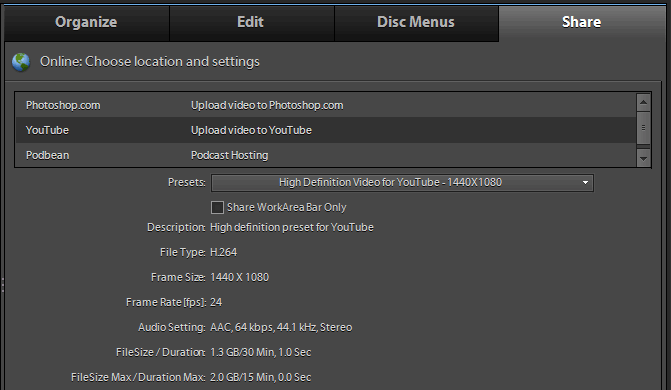
Workshop: Lag Videografikk-pakke til din bedrift.Kurs i lydmiks og lydfiksing in Adobe Audition.Lær å lage Lottie-animasjoner for apper og web i After Effects.After Effects kurs for viderekomne (NO).I never use QuickTime so I can't comment on it specifically. That one has always been reliable for me. ZzzzzzzĮdit: forgot to mention, if you want a codec suggestion I would recommend h.264. Sorry if some of this doesn't make sense, it's 4am right now. Worst comes to worst, you can change the frame size to be smaller, but then you're -severely- reducing the video quality. If all those are true and you still have a huge file size, you can try switching the audio stream to mono (a massive quality drop, but will help the size a lot).

These are approximate values that depend on the codecs being used, but basically you shouldn't have a really high number like 12mbps which will inflate the crap out of your file size.ģ) The framerate should be either be 25 (PAL) or 29.97 (NTSC) unless you have a specific reason to choose otherwise. For a web video, you don't need a video bitrate higher than 3mbps or an audio bitrate higher than maybe 192kbps. :/Ģ) The bitrates of both the audio and video streams are reasonable for what you're trying to do. My copy of Adobe Premiere seems to always pick the dumbest audio codec by default, so this is usually my problem. 90% of the time you'll end up realizing that you can reduce the size with barely any change to the file's subjective quality.Īscertain that the following things are true:ġ) Your audio is compressed (ac3, mp3, etc) and not uncompressed (pcm, wav). The most important thing to do if you want to reduce a video file's size is to check the render settings (the values in the "Export" window, I mean) and determine what it is that's causing the big file size in the first place. Kind of a vague question, but I have a ton of experience working with Premiere so I'll try to help as best I can.


 0 kommentar(er)
0 kommentar(er)
